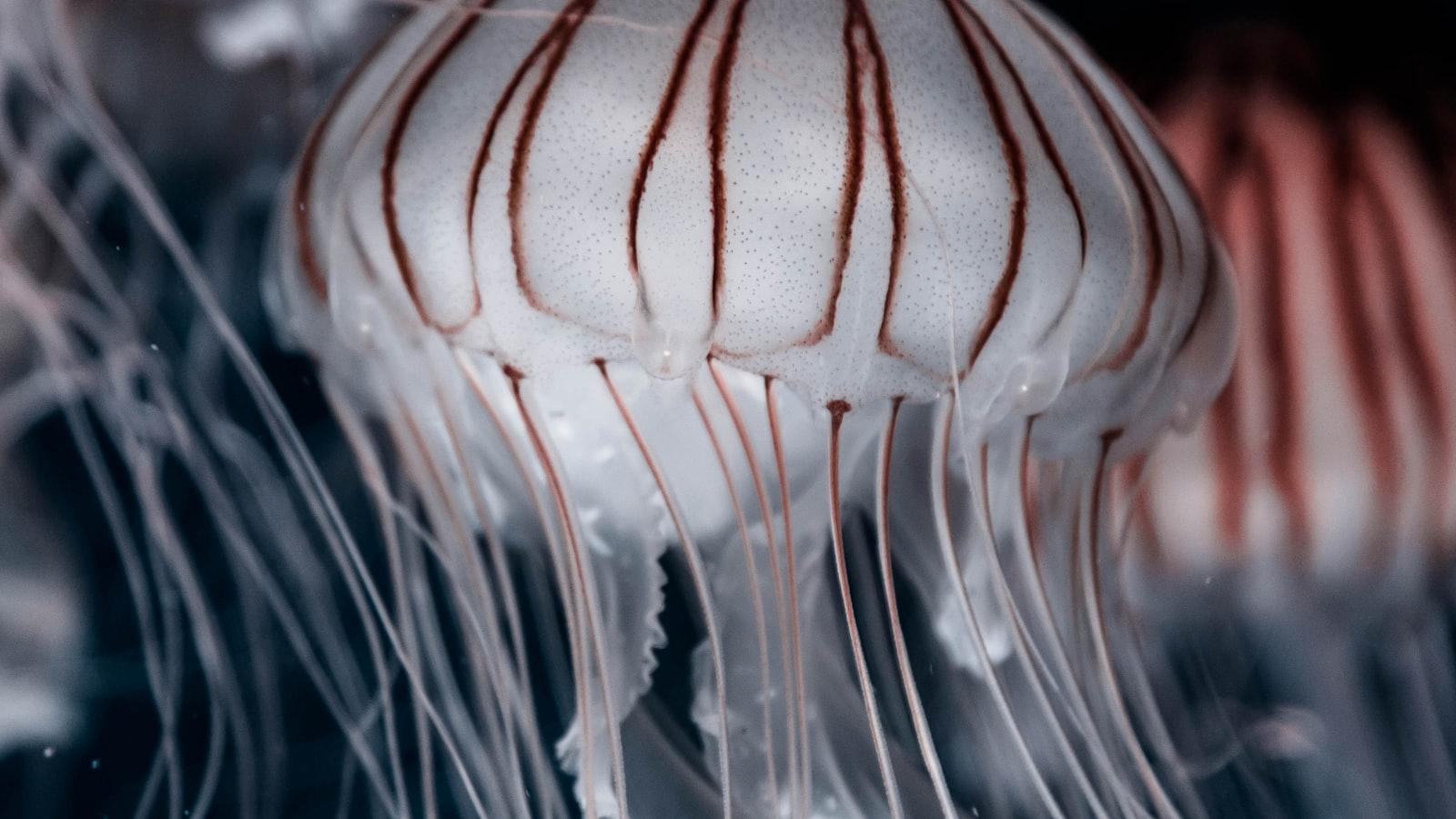Don’t Believe the Biggest Myth About Heat Pumps
Heat pumps have become increasingly popular in recent years as a more energy-efficient and eco-friendly alternative to traditional heating and cooling systems. However, despite their numerous benefits, there is a prevalent myth surrounding heat pumps that tends to dissuade potential users from considering them as an option. It’s time to debunk this myth and shed light on the truth about heat pumps.
The biggest myth about heat pumps is that they are ineffective in cold climates. Many people believe that heat pumps only work efficiently in moderate to warm temperatures and struggle to generate sufficient heat in colder climates. This misconception stems from a lack of understanding of how heat pumps actually work.
Heat pumps extract heat from the air or ground and transfer it indoors to heat a space. In colder climates, where temperatures often drop below freezing, the concern is that there won’t be enough warmth to extract and transfer effectively. However, the reality is that heat pumps are specifically designed to work in a wide range of temperatures, including extremely cold conditions.
Modern heat pumps employ advanced technology that allows them to extract heat from the air even when temperatures are well below freezing. They accomplish this by using a refrigerant that remains viable even at very low temperatures. By compressing this refrigerant, heat pumps can create more heat energy than they extract from the air, making them capable of heating a home efficiently in cold climates.
Additionally, heat pumps can also reverse their operation during the summer months to work as air conditioners. By reversing the refrigerant flow, they can remove heat from the indoors and transfer it outside, effectively cooling your home. This dual functionality makes heat pumps a versatile and cost-effective solution for year-round comfort.
Another important factor to consider is the energy efficiency of heat pumps. Unlike traditional heating systems, which burn fossil fuels to produce heat, heat pumps simply transfer heat from one place to another. This means they require much less energy to generate the same amount of heat, resulting in significant energy savings and reduced carbon emissions.
In fact, heat pumps have been shown to be up to three times more energy-efficient than conventional heating systems. This means lower utility bills for homeowners and a reduced environmental impact. The efficiency of heat pumps even extends to their cooling capabilities, making them a more sustainable option than standalone air conditioners.
As with any home heating and cooling system, the installation and sizing of a heat pump are crucial for its effectiveness. It is important to work with a certified HVAC professional who can assess your home’s specific needs and recommend the right size and type of heat pump for your climate.
So, it’s time to dispel the myth that heat pumps are ineffective in cold climates. With advancements in technology, heat pumps can efficiently provide heating and cooling even in the coldest regions. Their energy efficiency and environmental benefits make them an attractive option for homeowners looking to reduce their carbon footprint while saving on energy costs. Don’t believe the myth – heat pumps are a reliable and effective solution for all climates.
Hey Subscribe to our newsletter for more articles like this directly to your email.
